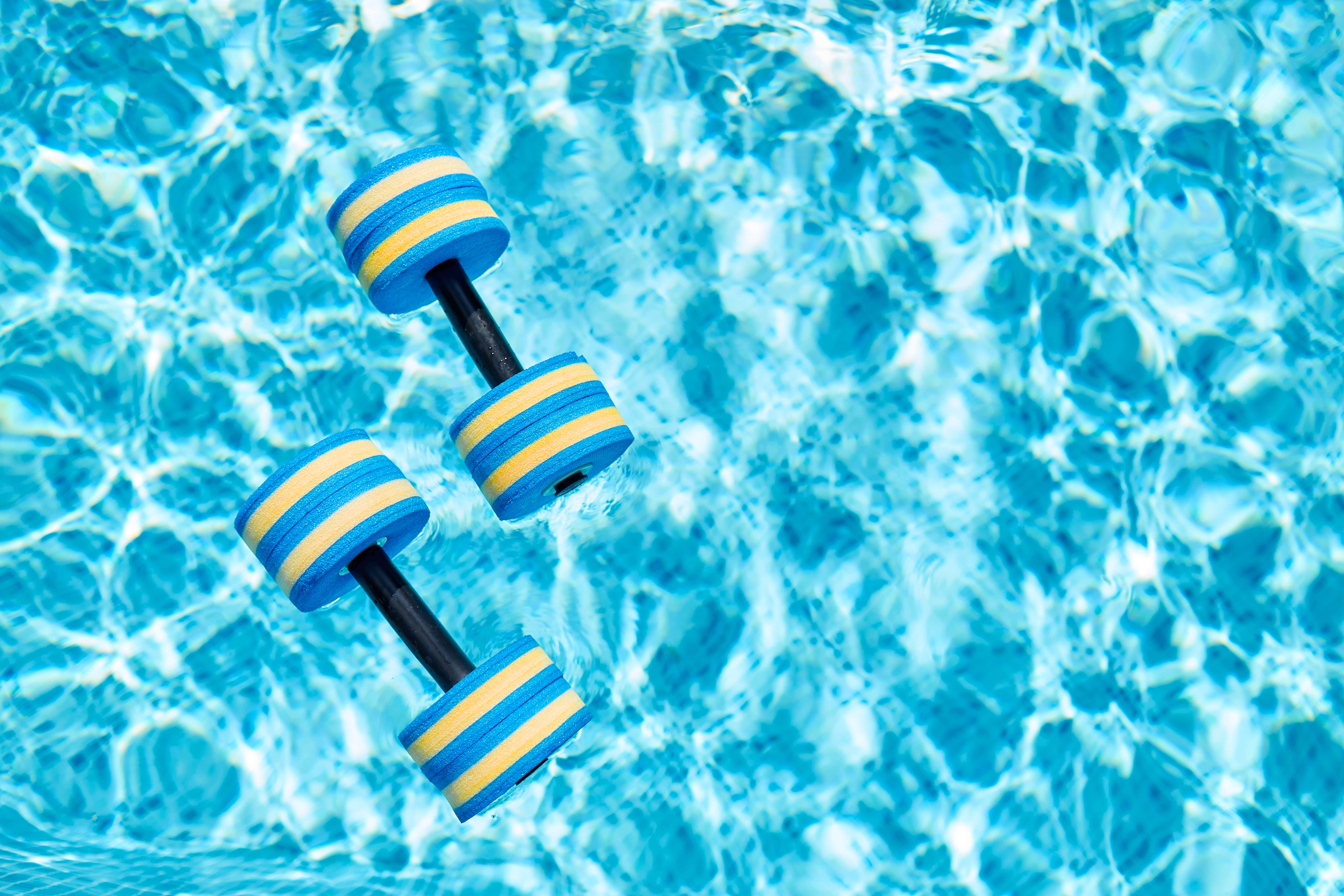Aquatic therapy is more than splashing around the water or swimming laps in the pool. For patients who may have difficulty with physical therapy treatments on dry land, aquatic therapy can be a useful alternative. Peak Performance explains what exactly aquatic therapy does and who it may benefit.
Conditions aquatic therapy treats
Aquatic therapy is useful for patients who have difficulty supporting their own body weight. Common conditions where aquatic therapy may be prescribed include:
- Total hip and knee joint replacements
- Chronic pain conditions like fibromyalgia and arthritis
- Injuries where there is instability or weakness in the joint
- Muscle atrophy
Benefits of aquatic therapy
Aquatic therapy is not performed in a regular pool. The water temperature in a therapy pool ranges from 89 to 94 degrees to help ease tension and relax muscles in the body. The hydrostatic pressure of the water can help increase range of motion by decreasing pain and swelling. Water’s buoyancy helps reduce the weight bearing of the body and allows for greater movement and balance training while reducing the risk of a fall.
The resistance of water is excellent for building strength while still being low-impact on the body. Aquatic therapy can also build endurance and improve cardiovascular strength. Also, group classes can be fun and motivate patients to be excited about their treatment.
When aquatic therapy should be avoided
While aquatic therapy does all of these things to help our bodies heal, there are some instances where aquatic therapy should be avoided. Patients who fear the water or are unable to swim should not participate in aquatic therapy. If you have open wounds or are incontinent, aquatic therapy is also not recommended.
Scheduling aquatic therapy with Peak Performance
Aquatic therapy is an excellent tool to help people recover from injury or body dysfunction. Often, just getting into the water is enough to help relax the body and reduce pain, tension and inflammation. Peak Performance physical therapists are skilled in treating patients in therapy pools. If you are curious about aquatic therapy, contact us today to set up your initial appointment and discuss how you can benefit.


